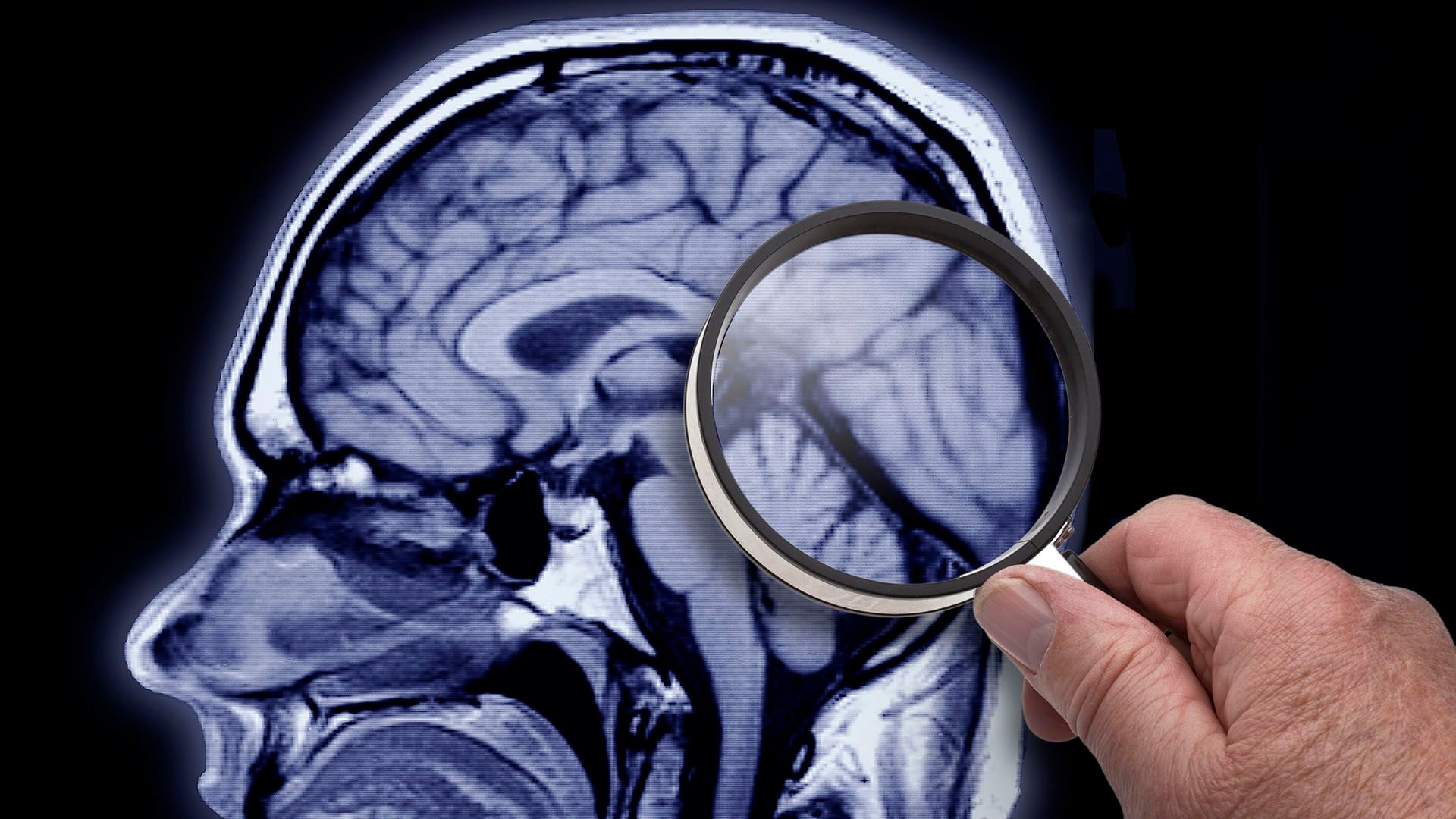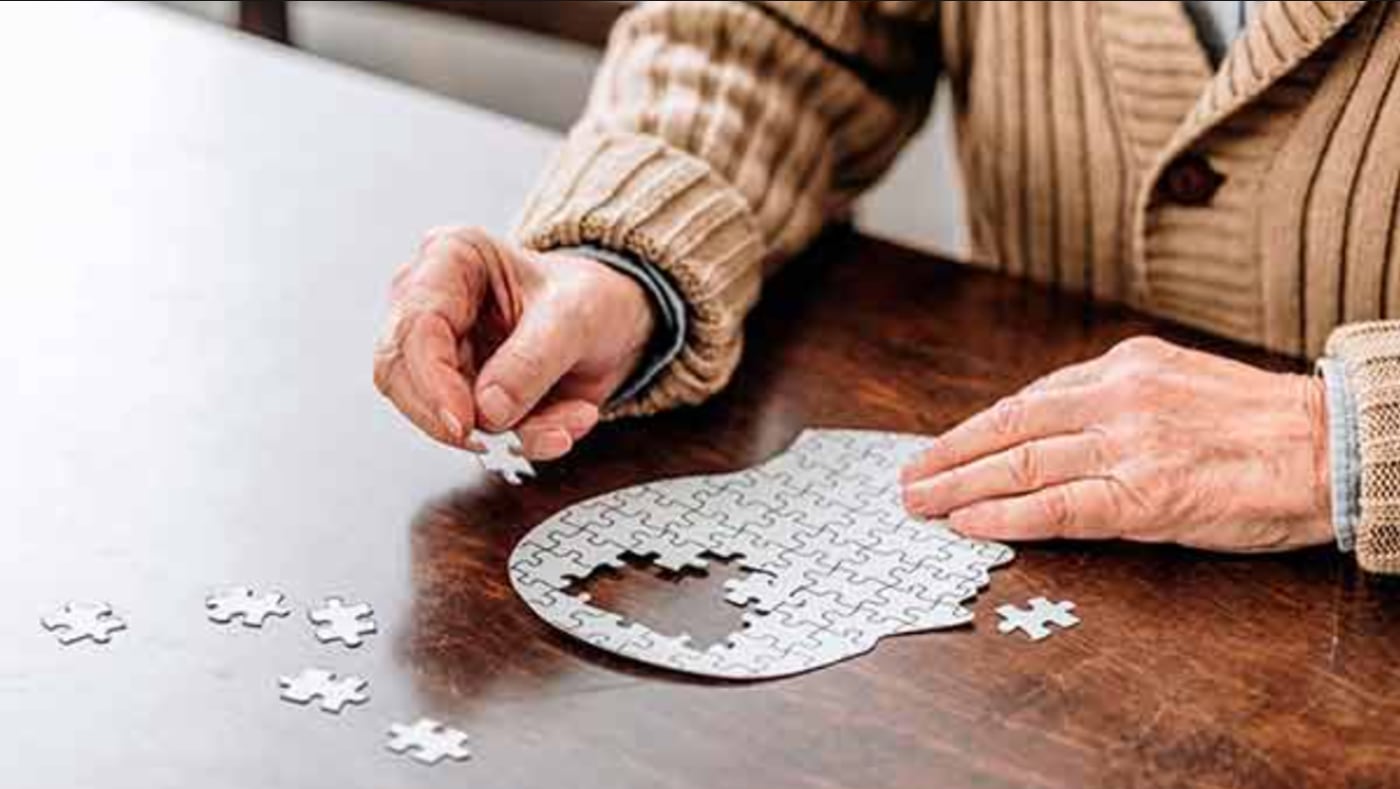
A new study by researchers at Brigham and Women's Hospital in Boston, United States, links excessive daytime naps in older adults with an increased risk of developing Alzheimer's, the disease that causes severe cognitive impairment.
The study was published in the specialized journal Alzheimer's & Dementia: The Journal of the Alzheimer's Association. “The vicious circle we observe between daytime sleep and Alzheimer's disease provides a basis for a better understanding of the role of sleep in the development and progression of Alzheimer's disease in older adults,” said Peng Li, lead author of the study working on the Medical Biodynamics of the Division of Circadian and Sleep Disorders of Brigham.
The researchers found that not only did excessive daytime naps portend an increased risk of Alzheimer's dementia, but also that “a diagnosis of Alzheimer's accelerated the number of daytime naps during the aging process,” Brigham said.
One in eight people suffer from Alzheimer's in Argentina or another dementia. There are more than 500 thousand people in the country who suffer from it. It is estimated that every three seconds, someone in the world is diagnosed with dementia. According to WHO, there are 50 million people who suffer from it and between 60% and 70% of these cases correspond to Alzheimer's. This amount is expected to triple by 2050.

“The daytime sleep behaviors of older adults are often ignored and there is still a lack of consensus for daytime naps in clinical practice and health care,” Li warned. “Our results not only suggest that excessive daytime naps may indicate an elevated risk of Alzheimer's dementia, but also show that a faster annual increase in daytime naps may be a sign of deterioration or unfavorable clinical progression of the disease.”
Li stated that the study “requires greater attention to 24-hour sleep patterns, not only night sleep but also daytime sleep, to monitor health in older adults.” Thanks to previous studies, the interaction between, for example, sleep apnea and dementia has been known for a long time. However, it is not clear whether changes in sleep patterns affect memory and lead to dementia, or whether the neurodegenerative process of dementia affects sleep in parallel.
The present study was based on the participation of more than 1,000 people, who were over 75 years old, with an average of 81 years. Each person received a watch-like Atical device to wear on their wrist for up to two weeks. Scientists identified sleep episodes with a scoring algorithm, and after identifying nap episodes, the duration and frequency of rest were tabulated.

While the use of Atical has been widely used in sleep field studies, the authors acknowledge that polysomnography is the basis for sleep scoring. It consists of evaluating the participants' bodily functions while they are sleeping or trying to sleep. When performed in a healthcare setting, specialists place electrodes on the “chin, scalp, and outer edge” of a participant's eyelids, with monitors that record heart rate and breathing. In the case of the Boston study, the participants in the study were older, so the findings may not be “easily translated” to younger age groups. The scientists stated in their paper that future studies should evaluate whether direct intervention in daytime naps can reduce the risk of Alzheimer's dementia or cognitive impairment.
They also warned that the device can confuse, at times, sleep with rest. Actigraphy is not a big measure of the onset of sleep and what kind of sleep the person has, so it does not always record when a person is actually napping. Specialists suggested that further research should be expected, so as not to misinterpret the findings. The last thing we want is for someone to assume they can't take a nap, because they might have dementia. ' That's the message we want to give,” Li concluded.
KEEP READING
Últimas Noticias
Debanhi Escobar: they secured the motel where she was found lifeless in a cistern
Members of the Specialized Prosecutor's Office in Nuevo León secured the Nueva Castilla Motel as part of the investigations into the case

The oldest person in the world died at the age of 119
Kane Tanaka lived in Japan. She was born six months earlier than George Orwell, the same year that the Wright brothers first flew, and Marie Curie became the first woman to win a Nobel Prize

Macabre find in CDMX: they left a body bagged and tied in a taxi
The body was left in the back seats of the car. It was covered with black bags and tied with industrial tape
The eagles of America will face Manchester City in a duel of legends. Here are the details
The top Mexican football champion will play a match with Pep Guardiola's squad in the Lone Star Cup

Why is it good to bring dogs out to know the world when they are puppies
A so-called protection against the spread of diseases threatens the integral development of dogs




